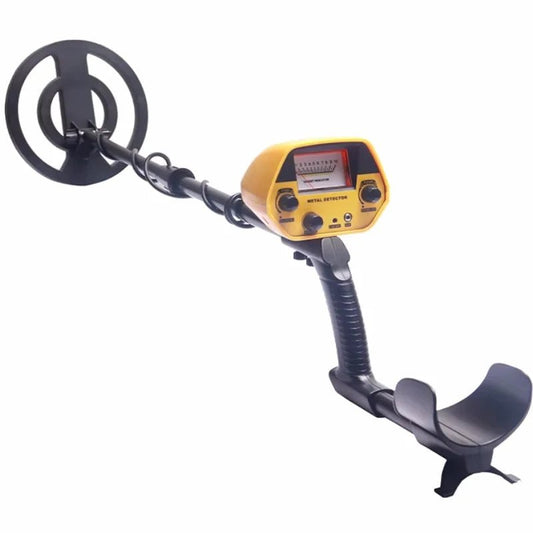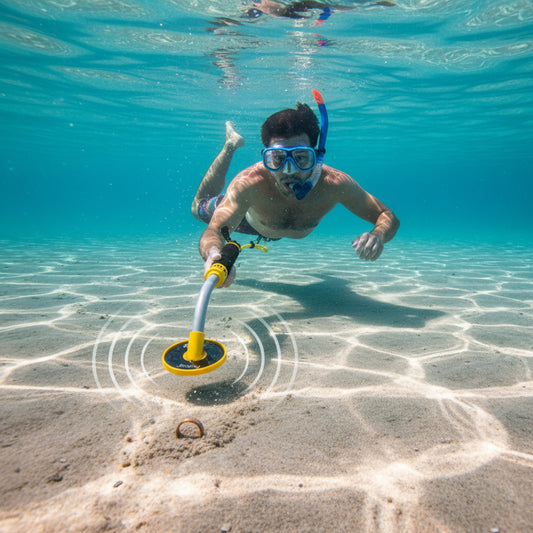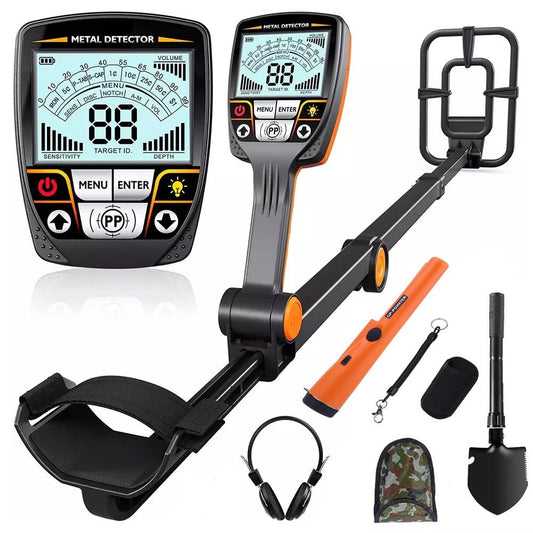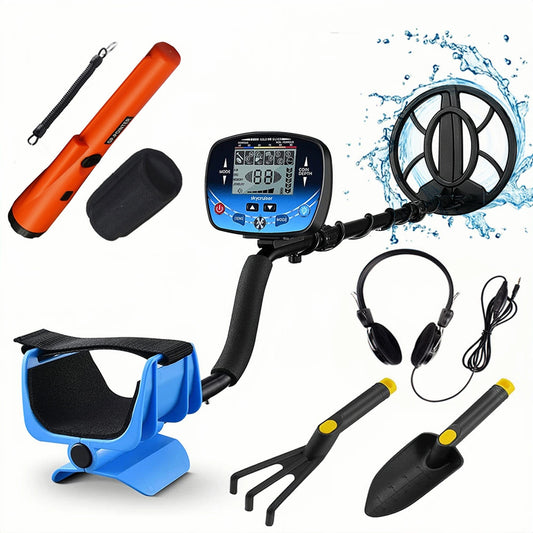
Metal Detecting in Italy: Roman Relics, Beaches, and Permits
Share
Italy’s ancient landscapes, Roman ruins, and beautiful beaches make it a dream destination for metal detecting enthusiasts. From the fields of Tuscany to the shores of Sardinia, Italy’s soil is rich with history—but also tightly protected by law.
If you’re hoping to find Roman coins, medieval relics, or even gold, you’ll need to navigate strict regulations and obtain the right permissions. This guide covers everything you need to know about metal detecting in Italy, including legal tips, top locations, and best practices for a safe and rewarding hunt.
Is Metal Detecting Legal in Italy?

Metal detecting is legal in Italy, but it’s heavily regulated to protect the country’s immense archaeological heritage. The laws are among the strictest in Europe, and they vary from region to region.
Key legal points for metal detecting in Italy:

-
Permits are required for metal detecting on public land. For private land, you need explicit written permission from the landowner.
-
Some regions, such as Sicily, Calabria, and Valle d’Aosta, have complete bans on metal detecting.
-
Detecting is strictly forbidden at archaeological or historical sites. All artifacts of archaeological interest, whether found above or below ground, are the property of the state.
-
Any significant finds (especially those over 50 or 100 years old or of historical value) must be reported to authorities with documentation and precise location details.
-
Violating these laws can result in heavy fines, confiscation of equipment, and even imprisonment.
Before you detect, always consult local authorities or the Federazione Italiana Metal Detecting (FIMD) for up-to-date regulations.
Where to Metal Detect in Italy

Roman Relics and Historical Areas
Italy’s countryside is rich with Roman roads, villa sites, and medieval ruins. However, these are usually off-limits to detectorists unless you have special archaeological permits. Even fields and vineyards near ancient sites are protected, so always check with local officials before searching.
Popular legal locations:
-
Tuscan fields: Some areas, with landowner permission and local permits, allow detecting for modern coins and items.
-
Ancient pathways: Old trade routes and rural paths sometimes yield interesting finds, but avoid marked archaeological zones.
-
Medieval villages: With permission, areas around abandoned villages and crumbling monasteries can yield coins and relics.
Beaches

Italy’s public beaches are among the most accessible places for metal detecting, with fewer restrictions than archaeological sites.
Top beaches for detecting:
-
Spiaggia dei Conigli (Sicily): Famous for its clear waters, but note that Sicily has regional restrictions—always check local rules.
-
Tropea Beach (Calabria): Beautiful and popular, but Calabria also has strict regulations.
-
Rimini and Adriatic Coast: These busy beaches see thousands of visitors, making them prime spots for lost jewelry and coins.
-
Sardinia: Known for both its beaches and gold mining history, Sardinia’s public beaches are popular for detecting, but always avoid protected areas.
Beach detecting tips:
-
Always fill your holes and remove trash.
-
Avoid protected dunes and wildlife zones.
-
Early mornings and post-storm periods are best for new finds.
Gold Hunting in Italy

Italy is home to several gold-bearing regions, especially in the Alps and Tuscany.
Top gold hunting areas:
-
Aosta Valley: The Dora Baltea river has a history of gold panning, and some areas offer recreational gold hunting.
-
Tuscany: The Ombrone and Fiora rivers in Grosseto province are known for gold flakes and nuggets.
-
Sardinia: Monte Arci and the abandoned mines around Villasalto are historic gold sites.
Gold hunting tips:
-
Use a specialized gold metal detector for best results.
-
Always check local mining and prospecting laws—some areas require permits or are off-limits.
How to Get a Metal Detecting Permit in Italy
-
Public Land: Apply to the local prefecture or municipality. You may need to provide identification, proof of experience, a map of your intended search area, and a description of your equipment.
-
Private Land: Obtain written permission from the landowner. Agree in advance on how finds will be handled.
-
Beaches: Some municipalities require a permit for beach detecting—ask at the local town hall (comune) or beach authority.
Responsible Detecting and Best Practices
-
Always respect local customs and regulations.
-
Join a local detecting club for support and advice on legal sites.
-
Never detect on or near archaeological sites, even if they are unmarked.
-
Report any significant finds to the authorities.
-
Leave every site cleaner than you found it.
What Can You Find?

With the right permits and permissions, you might discover:
-
Modern coins and jewelry on beaches
-
Buttons, buckles, and tokens in rural areas
-
Occasional Roman or medieval relics (must be reported)
-
Gold flakes or nuggets in rivers and streams
Conclusion
Metal detecting in Italy is a journey through history—if you follow the rules. With strict laws, regional bans, and a deep respect for heritage, it’s essential to secure the right permits and permissions before you hunt. Focus on legal beaches, get to know local regulations, and always detect responsibly. With patience and respect, you’ll enjoy the thrill of discovery in one of the world’s most culturally rich countries.




